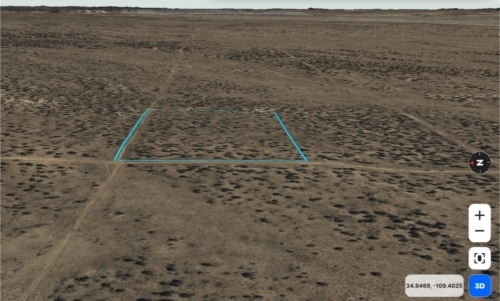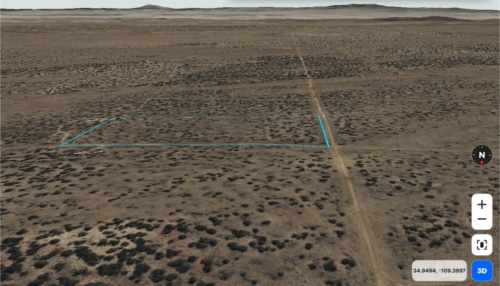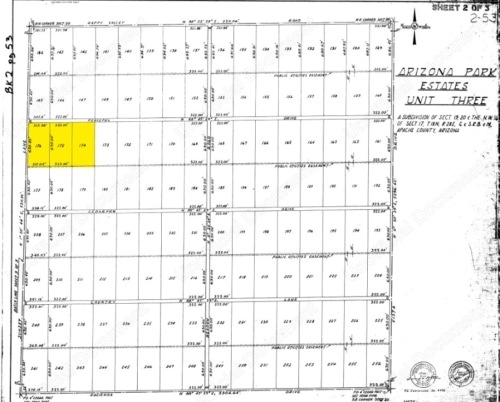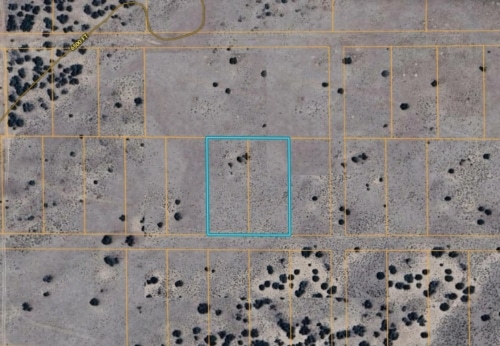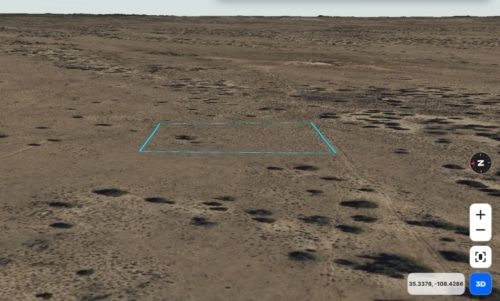Transfer of ownership for real estate requires diverse paperwork to ensure a smooth sale and purchase of property. Deed and Title are two important documents that act as proof of successful property transfer in the long run.
The roles of Deed and Title are interlinked and might be confusing. If you are new to real estate investment and unaware of how Deed and Title works, this blog is for you.
Read till the end to know the key differences between Deed vs. Title.
Table of Contents
What Is a Deed in Real Estate?
To know about what is a Deed vs. Title in real estate, you need to have a clear idea of what a Deed is.
In layman's language, a Deed is a legal document that acts as proof of ownership transfer of an immovable asset like land. It is a crucial document in real estate to establish transfer of land ownership from one owner to another.
The person who sells the land is the "Grantor" of the Deed. While the recipient or new owner of the land is the "Grantee".
The main purpose of Deed is to ensure legal transfer of property or land from existing owner to new person. As a legal document, a Deed also acts as proof to establish the grantee as the new owner of the property after successful transfer.
Speaking of successful transfer of land property, by obtaining a Deed, you can ensure that the land has no ongoing legal or financial dispute. This will save you from falling victim to any pending legal or taxation process associated with the property.
Additionally, Deed also acts as a public record to state grantee as the present owner of the property. As a property owner, the grantee must furnish the Deed as a prime document to financial institutions while opting for loan. Therefore, if you are planning to invest in land, consider obtaining a Deed stating the land status and ownership clauses comprehensively.
Furthermore, a Deed also clearly specifies the type and extent of ownership transfer that is taking place between grantor and grantee. There are different types of Deeds to offer protection of land ownership rights under different circumstances.
Different Types of Deeds for Property
For a clearer knowledge of Deed vs. Title, it is also important to know the types of Deeds available for different scenarios.
Let's take you through the different types of Deeds for property ownership in the points below.
1. General Warranty Deed
This type of Deed provides highest level of protection to the grantee. Under this, the grantor, clearly states that the property or land in question is free from any kind of liabilities.
2. Grant Deed
A Grant Deed is somewhat similar to the General Warranty Deed. This type of Deed is very common in parts of the states. A Grant Deed ensures that the grantor of the land for sale has not transferred ownership of the property to anyone else before.
3. Special Warranty Deed
A Special Warranty Deed provides a moderate level of protection to grantees as compared to a General Warranty Deed. However, the Special Warranty Deed does not provide any security against property encumbrances that might have happened before the grantor's ownership.
4. Quit Claim Deed
Also popular as Quit claim Deed, is very often used to clear title issues and property ownership-related disputes between family members.
5. Sale or Bargain Deed
This type of Deed guarantees that the present property owner has the right to sell the property. However, Sale or Warranty Deed does not provide any warranty about property title.
6. Deed of Trust
The Deed of Trust is used in some parts of the States instead of mortgages. As opposed to regular Deeds, a Deed of Trust involves three parties, borrower, lender, and trustee. While availing loan, trustee acquires the property title as loan collateral.
7. Gift Deed
As the name suggests, a Gift Deed is essential for transfer of property ownership from grantor to grantee in form of a gift.
What Is Title in Real Estate?
To delve into the difference between Deed vs. Title in real estate, you must know what is a Title in real estate.
While comparing land Deed vs. Title, you can observe that a Title Deed is a legal document that proves a person's ownership of a particular property. So to sell a property, or avail a loan against property, you must furnish a Title Deed to prove yourself as the owner of the property.
The primary role of Title deed is to prove your ownership of the property in question after a successful transfer. It also acts as a public record clearly stating the details regarding the new owner of the property. Furthermore, a Title Deed ensures legal transfer of the property from present owner to buyer.
Difference between Deed and Title
Let's take you through the important points that help differentiate Deed from Title in real estate.
The table below displays the differences between a Deed vs. Title.
| Deed | Title |
|---|---|
| Deed is a legal document that shows transfer of property ownership from grantor to grantee. | Title offers legal rights of property ownership to document holders. |
| As a legal document, Deed is signed and authorized by respective authorities. | It is not a physical document but a legal status. |
| Includes property descriptions and signatures of grantor and grantees. | Comprises ownership rights and historical records comprehensively. |
| Acts as proof of ownership transfer from one party to another. | Title Deed allows holder to execute ownership rights over the property in question. |
| This document must be recorded in office of county recorder to ensure legal transfer and public notice. | The recorded history of deeds establishes Title for ownership of property. |
| This can be used in legal disputes to prove transfer of ownership. | Ownership title issues are resolved through this document. |
| There are different types of deeds such as warranty deeds, quitclaim deeds, and gift deed | There is no such classification of Title. |
| Deed focuses on transaction leading to property transfer | Provides detailed ownership history of the property. |
| Acts as a physical evidence of property transfer | Title is a legal concept, hence, there is no physical document as such |
| Deed ensures the transfer of property ownership is recognized by law. | Title provides legal protection against any unauthorized claim to property. |
| Deed protects against any fraudulent activity from any of the two parties. | Title ensures the ownership transfer is transparent with no hidden clauses or loopholes that can act as threat to ownership in long run. |
Importance of Deed vs. Title in Real Estate Transactions
Let's take you through important points highlighting the importance of Deed vs. Title of property in real estate transactions.
- Deed is a legal document that helps conduct transfer of property ownership from one party to another formally. Without a Deed, the recipient or buyer will not be recognized as new owner of property. Title, on the other hand, establishes holder or buyer as legal owner of the property.
- Deed is a necessary document to prove purchase of a document from the previous owner. With Title, the buyer or receiver of property can execute ownership rights of the property.
- Deed ensures the property has no pending financial or legal liabilities at the time of sale or ownership transfer. Title allows the owner of the property to sell it or use it as loan mortgage.
- Deed documents essential details of real estate transactions like details of both parties, amount paid, and tenure of ownership. Title provides a comprehensive ownership record of the property in question.
To conclude, deed ensures legal transfer of property ownership while Title reinstates the buyer as legal owner of the property. The importance of Deed vs Title is interlinked when it comes to execution of property ownership rights. Therefore, it is essential to furnish both Deeds and Titles while investing or buying land.
However, getting these documents ready can be quite a time-consuming process. To eliminate this hassle off your table, and focus on buying land best for your budget, Connect with us.























